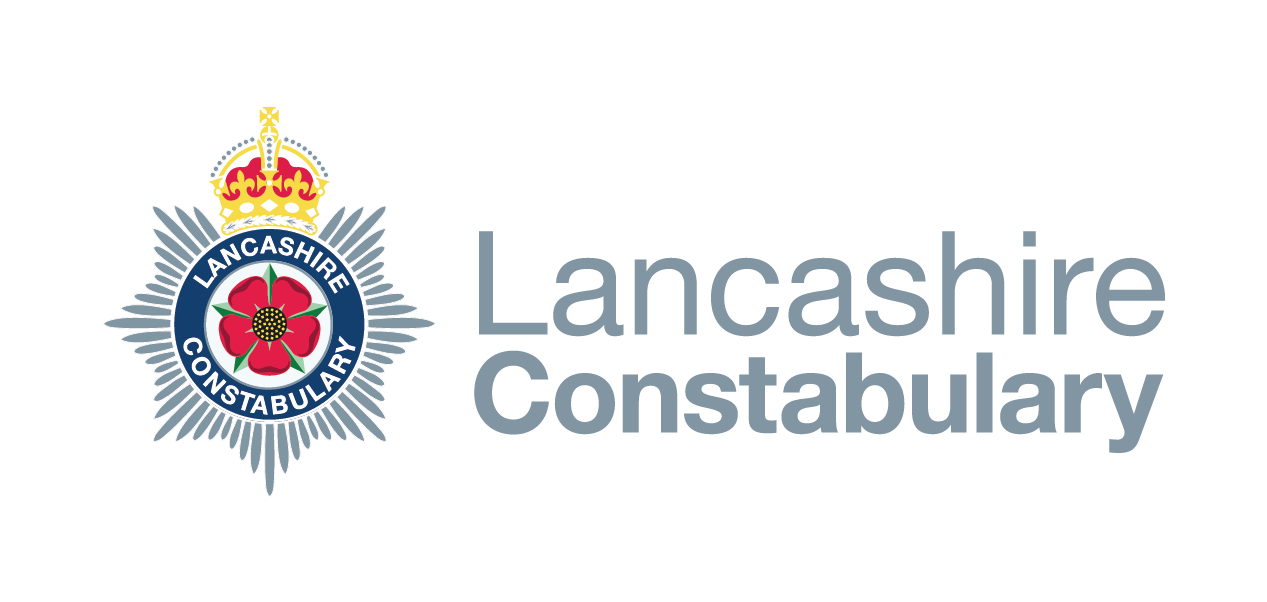Community Resolution
A Community Resolution is a way of dealing with an offender which is proportionate to lower level crime. It can be offered when the offender admits an offence, in most cases, where the victim has agreed that they do not want more formal action taken.
How Community Resolution Works
Community Resolution (CR) is a fairly recent method of policing - it is an innovative approach to dealing with minor offences, such as minor thefts, public disorder, criminal damage (such as vandalism) and lower level assaults. It supports the professional judgment of police officers to assess an offence, the wishes of the victim and the offender’s history in order to reach an outcome which best meets the interests of the victim and of the public.
For example, a mother phones the police because her 13 year old son has stolen £5 from her purse, she would like him to be spoken to by an officer. CR allows the officer to ‘tell off’ the suspect regarding their actions but will not force them to disproportionately criminalise young people.
In Lancashire, a CR can have several interventions attached (Restorative Justice, Words of Advice, Diversion) to change offending behaviour and/or achieve better outcomes for victims:
- Words of Advice – This outcome is used when, considering all the factors, the officer determines simple words of advice are appropriate
- Restorative Justice – This outcome is used when a police officer carries out instant RJ, such as a quick and informal meeting between the victim and the offender, usually delivered at or near the location of the incident at the time of police response, or a police officer makes a referral to the Constabulary's Restorative Justice team for a formal Restorative Justice meeting to be considered. Parties consent to meet face to face with the aim of repairing the harm and seeking a positive way forward; outcome agreements are usually reached
- Diversion – This outcome is used when the offender is referred to a support service or other agency for diversionary work to help address their offending behaviour
Must all parties agree for a Community Resolution to be issued?
Where possible, yes, but not in every case. The offender must always agree, at which point, the officer in case will speak to the victim, talk them through the process. The officer will take their wishes into account and then make a decision on the most suitable way to proceed.

